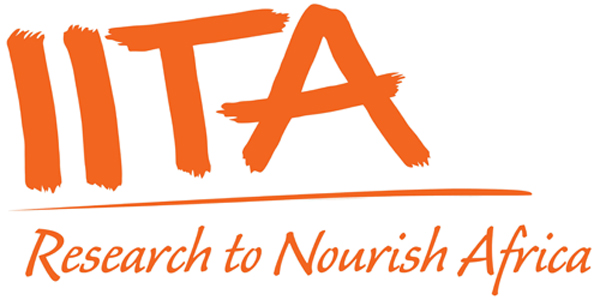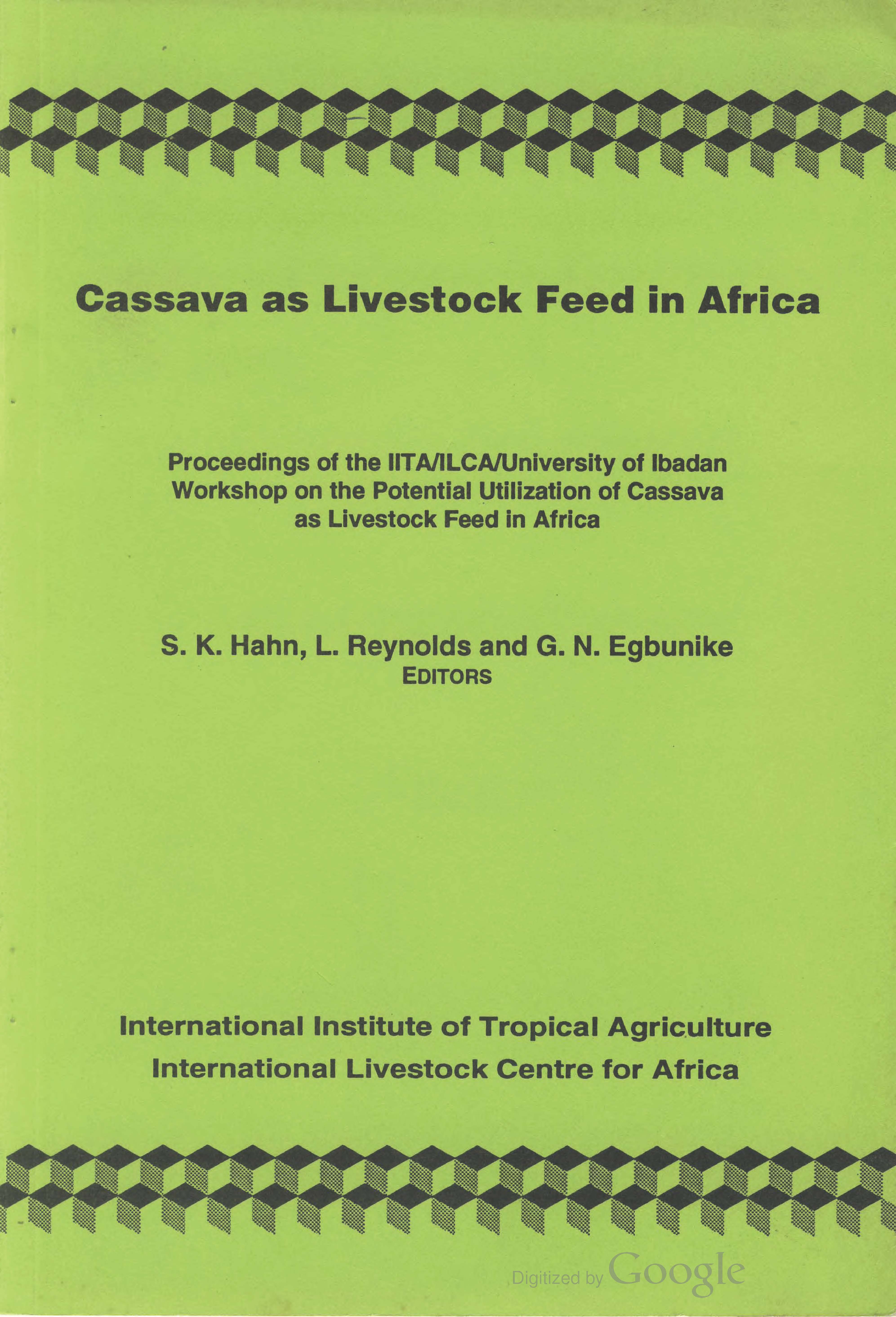Location
The International Institute of Tropical Agriculture (IITA) is a non-profit institution that generates agricultural innovations to meet Africa’s most pressing challenges of hunger, malnutrition, poverty, and natural resource degradation. Working with various partners across sub-Saharan Africa, we improve livelihoods, enhance food and nutrition security, increase employment, and preserve natural resource integrity.
“To offer leading research partnership that facilitates agricultural solutions to hunger, poverty, and natural resource degradation throughout sub-Saharan Africa.”
IITA’s mission is to assure food security for some of the world’s poorest people and provide them with viable strategies that create real, long-term results for economic development and community stability, while building an ecologically sound future that takes into account the issues of climate change. At IITA, we are dedicated to alleviating these problems and working to transform agriculture in Africa.
“The lead research partner facilitating agricultural solutions to overcome hunger and poverty in the tropics.”
IITA sees a bright future for Africa. We see a continent that can become a world leader in agriculture and sustainability. We understand that Africa needs a proactive CGIAR-supported Center that is closely linked to the demands of this continent. Our core beliefs and strategy reflect this.
In line with the new CGIAR, IITA is focused on four System-Level Outcomes described in the Strategic Results Framework.
IITA will advance these System Level Outcomes within five impact zones in sub-Saharan Africa by increasing major staple food yields in target R4D regions by two-thirds. Focusing on cassava, yam, maize, banana and plantain, soybean, and cowpea is the fastest and easiest way to impact farmers and increase the average farm income by half. As rural, farming communities in Africa are among the poorest in the world, these increases will lift over 11 million Africans or almost a fifth of households above the poverty line. Our vision of the future sees the region’s farms commit to restoring natural resources and sustainable farming practices for seven and a half million hectares of degraded farmlands, conserving them for future generations of farmers and food producers.
Mission
Vision
Members:
Resources
Displaying 111 - 115 of 122The AFNETA alley farming training manual; volume 2: source book for alley farming research
The AFNETA alley farming training manual; volume 1: core course in alley farming
Cassava as livestock feed in Africa. Proceedings of a workshop
The aim of the workshop is to collect information on traditional African processing technologies with emphasis on cassava as a livestock feed, to review the marketing and economics of cassava by-products, to recommend strategies for future research and development on the processing and utilization of cassava as a livestock feed, and to disseminate up-to-date information on cassava.
Land survey for research stations: IITA research guide, No. 1
In agriculture, surveying is required to prepare topographical maps that indicate variations in the level of the land's surface. Topographical maps are necessary as a base for the preparation of research station maps which include layout of field, buildings, roads, and soil conservation measures.




